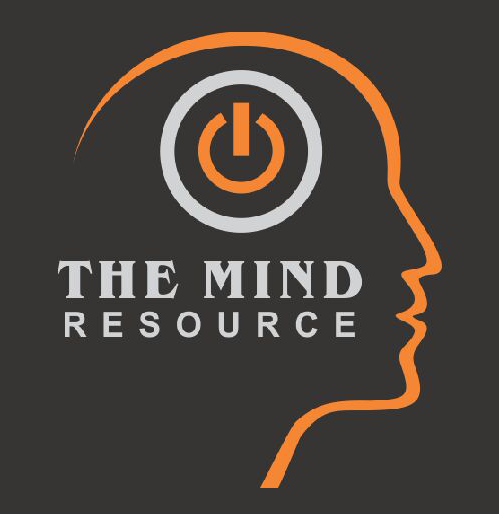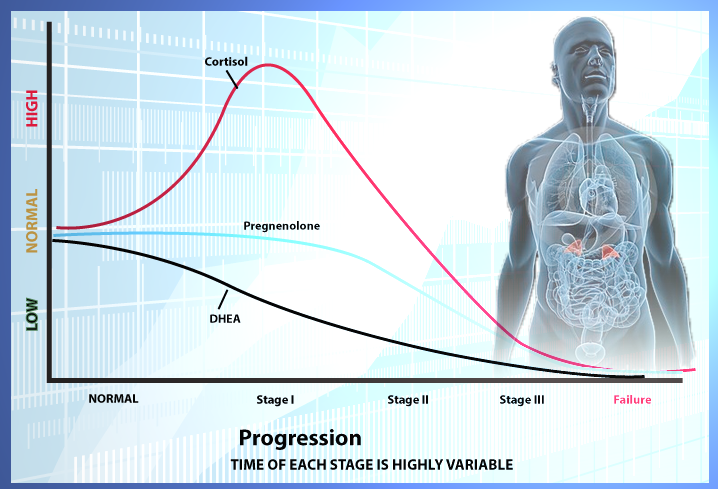DHEA and Mental Health
Dehydroepiandrosterone (DHEA), the most abundant hormone in human body, is primarily produced by the adrenal glands and gonads, and serves as a precursor for male and female sex hormones (testosterone and estrogen). While a number of claims have been made about the effect of DHEA on aiding muscle growth and performance, aging, sex drive, osteoporosis, heart disease and other health conditions, some evidence has shown that DHEA may play a significant role in the brain (i.e. mental/cognitive health).
While the majority of DHEA is produced by the adrenal glands, the brain also produces small amounts of DHEA either through metabolism of circulating hormones or during the synthesis of cholesterol (as a neurosteroid). In the central nervous system, neurosteroids play a role in regulating gene transcription, modulating brain functions and other neurotransmitter receptors, and also serve as neuroprotective agents. As a result, DHEA may affect many central nervous system functions, such as memory, learning, mood and the development of age-related neurodegenerative disease. Levels of DHEA peak between 20 and 25 years of age in both males and females, and decline to about 20% (vs. peak levels) late in life. Unfortunately, this decline may place an individual at risk of impairment in cognitive function. Even more interesting, is that individuals with chronic diseases such as cancer and AIDs, have lower levels of DHEA vs. their peers of the same age and gender.
While the evidence around DHEA and mental health and function remains mixed, researchers have identified a relationship between DHEA levels and cognitive/mental function in a number of studies. Other studies have also indicated that in Alzheimer disease patients, DHEA levels are lower when compared to their non-Alzheimer’s disease peers (age and gender matched). A significant improvement was seen in different measures of mood, although there was no effect on cognitive function. In one study by researchers at the National Institute of Mental Health, DHEA helped relieve mild to moderate depression in middle-aged individuals. In another study evaluating patients with HIV, patients taking DHEA showed a significant improvement in mental health and health distress, demonstrating increased quality of life with DHEA supplementation. As mentioned, many studies, including clinical trials, have found conflicting results on the benefits of DHEA, so it’s difficult to make inferences from the research that’s been performed to date.
On the other side of the coin, high DHEA levels have been shown to be associated with participation and enjoyment of activities, higher ‘dominance and expansive personality ratings,’ and ‘sensation-seeking attributes.’ Put simply, people are happier. Although, with too much DHEA possible side effects include, stunted growth, aggressive behavior, mood swings/other psychological symptoms, high blood pressure, liver malfunction, among others may result. Why is this? As mentioned, DHEA is a precursor to many hormones (aka prohormone) which have a multitude of profound effects on the body when levels are in excess.
So the question remains, does DHEA supplementation result in improved mental health? The answer is that we just don’t know, but the evidence may be promising for some people. That being said, individuals who suffer from mental health related conditions should consult their doctor to determine whether a DHEA supplement is an appropriate next step.
The above information was adapted from the following websites, articles and sources within each:
Maggio et al. DHEA and cognitive function in the elderly. Journal of Steroid and Biochemistry and Molecular Biology. 2015;145:281-92.
Piketty et al. Double-blind placebo-controlled trial of oral dehydroepiandrosterone in patients with advanced HIV disease. Clinical Endocrinology. 2001;55:325-30.
Wolkowitz et al. Double-blind treatment of major depression with dehydroepiandrosterone. American Journal of Psychiatry. 1999;156:646-9.
Racchi et al. Dehydroepiandrosterone (DHEA) and the aging brain: flipping a coin in the fountain of youth. CNS Drug Reviews. 2003;9(1):21-40.
WebMD Medical Reference. DHEA Supplements. Located at https://www.webmd.com/diet/dhea-supplements#1. Accessed December 10, 2017.
Life Enhancement. DHEA improves mental function and combats depression. Located at http://www.life-enhancement.com/magazine/article/634-dhea-improves-mental-function-and-combats-depression. Accessed December 10, 2017.

